In the quest for a healthier lifestyle, many turn to foods branded as ‘healthy’ only to be led astray by clever marketing and hidden ingredients. The following list uncovers eleven such foods that may not be as wholesome as they appear.
Granola Bars
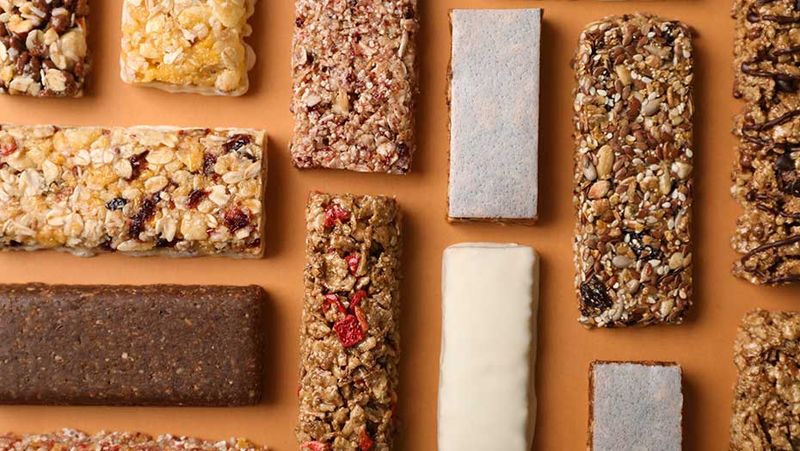
Granola bars often present themselves as the ideal health snack, but many are loaded with sugars and artificial ingredients, making them more akin to candy bars.
While some brands focus on natural ingredients, many commercial options prioritize taste over nutrition, disguising high sugar content with terms like ‘low-fat’ or ‘whole grain.’
Careful label reading is essential. “Did you know?” Some granola bars can contain up to 15 grams of sugar per serving, which is almost four teaspoons. Be sure to opt for those with minimal added sugar and genuine whole ingredients.
Flavored Yogurt
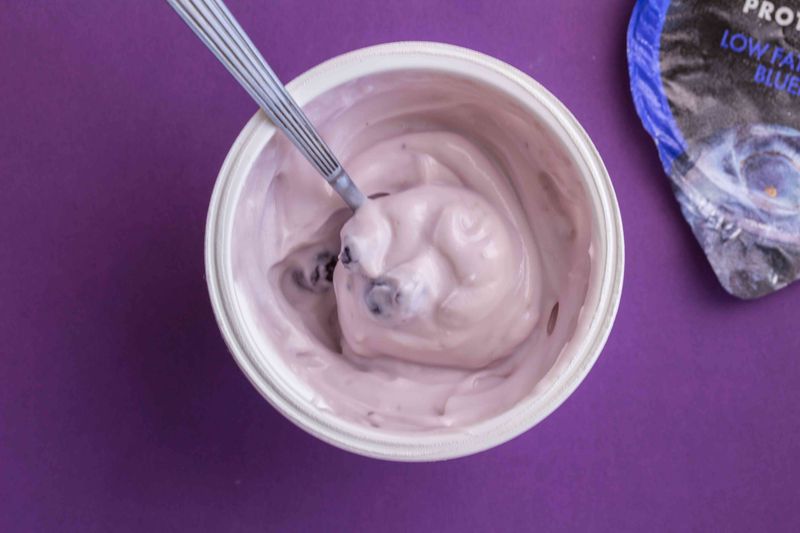
Flavored yogurts often masquerade as a healthy choice when, in reality, many are laced with added sugars and artificial flavors.
Though yogurt can be a good source of calcium and probiotics, flavored varieties may feature more sugar than a candy bar, compromising their benefits.
Opt for plain yogurt and add fresh fruits to control sugar intake. “Fun fact:” Some flavored yogurts can contain as much as 20 grams of sugar per serving! Always check the labels to ensure you’re choosing a genuinely healthy option.
Multigrain Bread
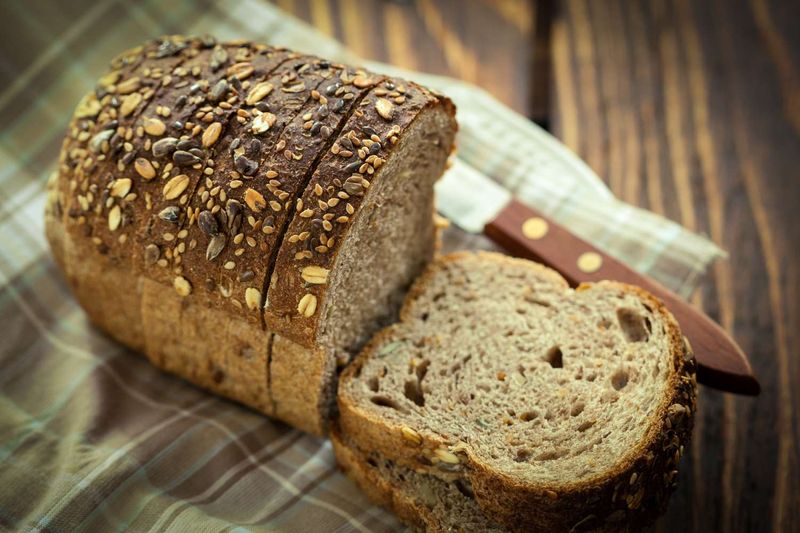
Multigrain bread sounds like a nutritional powerhouse, but the term simply means it contains more than one type of grain; not necessarily whole grains.
Many multigrain breads are made with refined grains that offer little in terms of fiber and nutrients, often relying on added sugars for taste.
To genuinely benefit, look for labels indicating ‘100% whole grain.’ “A surprise to many,” true multigrain bread may not be as heart-healthy as it seems without checking the ingredients thoroughly.
Veggie Chips
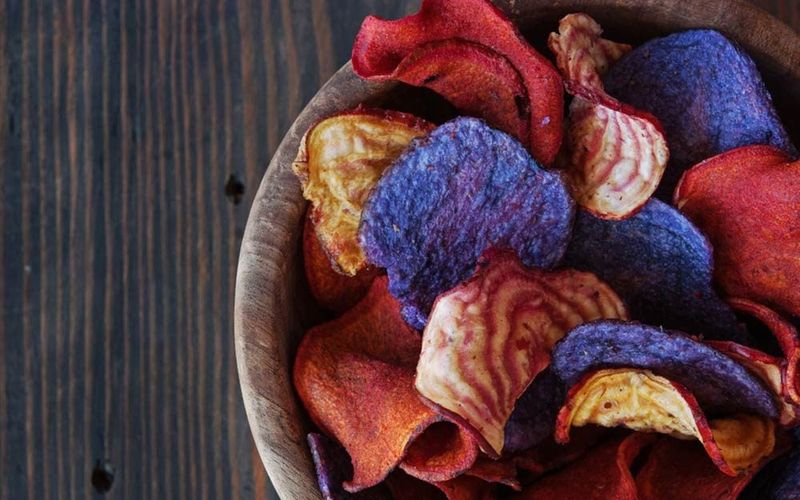
Veggie chips often entice with vibrant colors and the promise of being a vegetable-based snack. However, these chips are frequently fried and heavily salted, stripping away most nutritional value.
They can sometimes contain just as many calories as regular potato chips, making them a misleading choice for health-conscious snackers.
To enjoy genuine vegetable benefits, opt for raw or lightly steamed vegetables. “Did you know?” Some veggie chips contain over 200 milligrams of sodium per serving, making them less healthy than they appear.
Smoothies
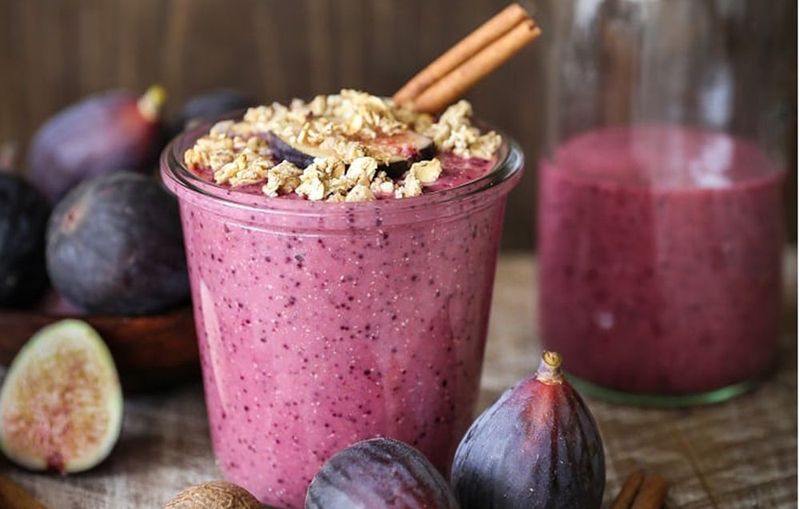
Smoothies are often regarded as the quintessential healthy beverage, but many are packed with added sugars, syrups, and calorie-dense ingredients.
Commercially prepared smoothies can lead to excessive calorie intake, overshadowing the natural goodness of the fruits.
Creating your own smoothies at home allows you to control the ingredients, ensuring a nutritious drink. “Fun fact:” Some store-bought smoothies contain as much sugar as a can of soda. Always check the nutrition info to make smarter choices.
Trail Mix
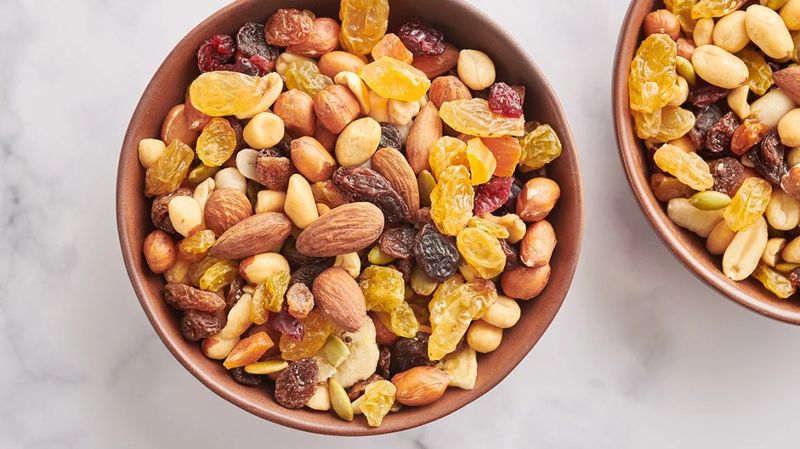
Trail mix appears as a wholesome snack choice, yet many varieties include chocolate candies, sugary dried fruits, and salted nuts, elevating sugar and sodium levels dramatically.
While nuts provide healthy fats, the added ingredients can negate the benefits if not consumed in moderation.
Choosing versions with raw nuts and unsweetened dried fruits is key. “A little-known fact:” Some trail mixes can contain up to 500 calories per cup. It’s essential to monitor portion sizes to enjoy trail mix healthily.
Sports Drinks
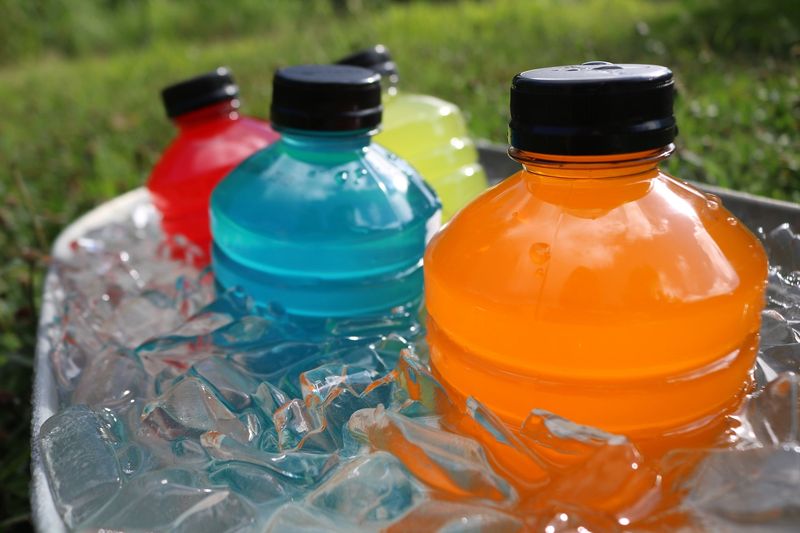
Sports drinks are marketed as the perfect accompaniment for exercise, designed to replenish electrolytes and energy. However, many contain high levels of sugar and artificial additives.
Unless you’re engaging in prolonged, intense physical activity, water is often a better choice for hydration.
“Did you know?” A typical 20-ounce sports drink can contain up to 34 grams of sugar, about 8.5 teaspoons! Consider alternatives like coconut water for a natural electrolyte boost.
Energy Bars
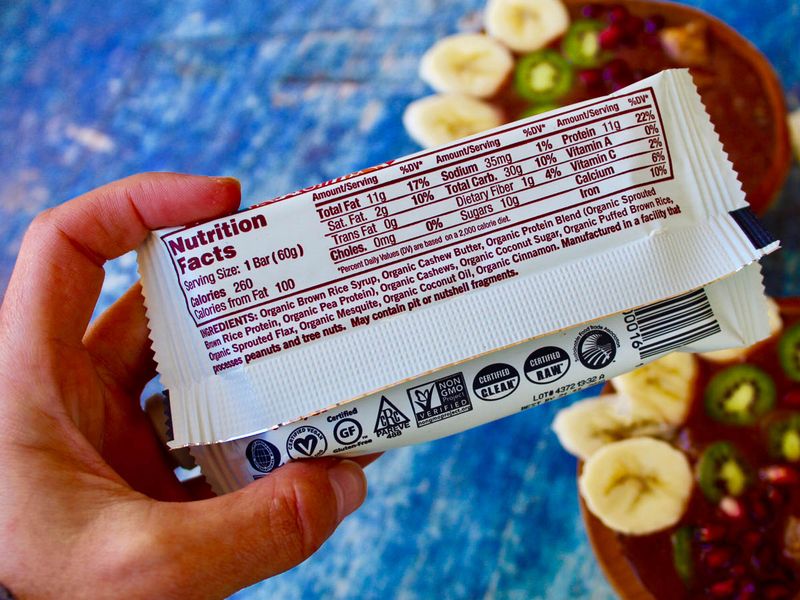
Energy bars promise a convenient energy boost; however, they often resemble candy bars more than a nutritious snack.
Loaded with sugars, fats, and artificial ingredients, they can lead to a quick sugar spike and subsequent crash.
Reading the ingredient list and nutritional information helps exclude those high in sugar. “Fun insight:” Some energy bars contain upwards of 25 grams of sugar, turning your snack into a sugary indulgence.
Diet Sodas

Diet sodas are frequently chosen as a sugar-free alternative to regular sodas. However, the artificial sweeteners used can sometimes trigger cravings, leading to increased calorie intake elsewhere.
Though calorie-free, these beverages offer no nutritional value and may affect metabolism or gut health negatively.
“Interesting tidbit:” Some studies suggest that diet sodas may be linked to weight gain rather than loss. It’s wise to approach them with caution and consider water or herbal teas instead.
Gluten-Free Snacks
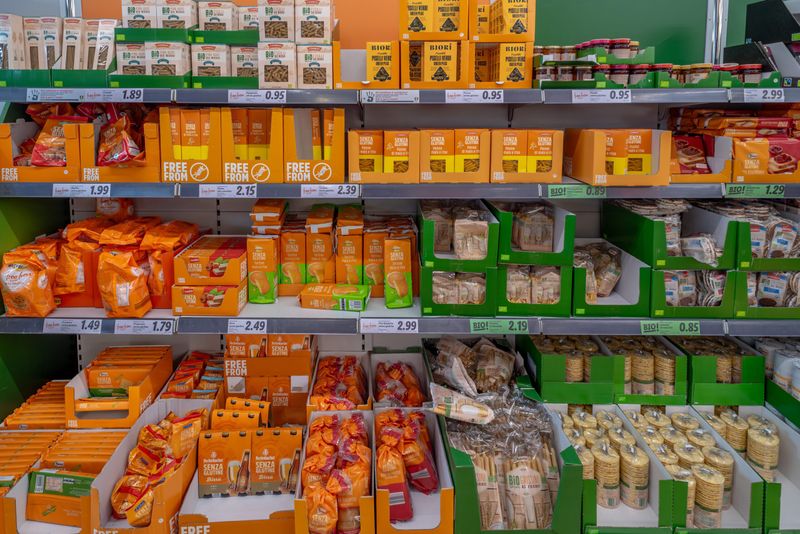
Gluten-free snacks have gained popularity, often perceived as healthier. However, many such products are highly processed and can contain added sugars and fats.
Being gluten-free doesn’t necessarily mean the product is nutritious or low-calorie.
“Curious fact:” Some gluten-free snacks can contain more calories than their gluten-containing counterparts. Always check the nutritional labels to ensure you’re making a healthy choice.
Fruit Juices
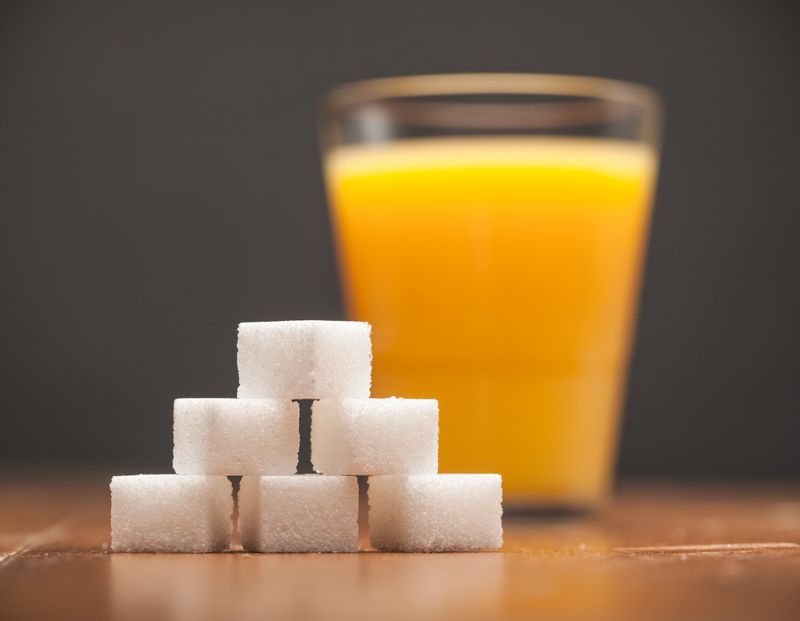
Fruit juices are often seen as a healthy alternative to sodas, but many are laden with added sugars, with little of the fiber found in whole fruits.
Consuming juice can lead to rapid spikes in blood sugar due to the concentrated sugars.
Opt for whole fruits or fresh-pressed juices with no added sugars. “Did you know?” Some fruit juices contain as much sugar per serving as soda. It’s best to moderate intake to maintain a balanced diet.
Leave a comment